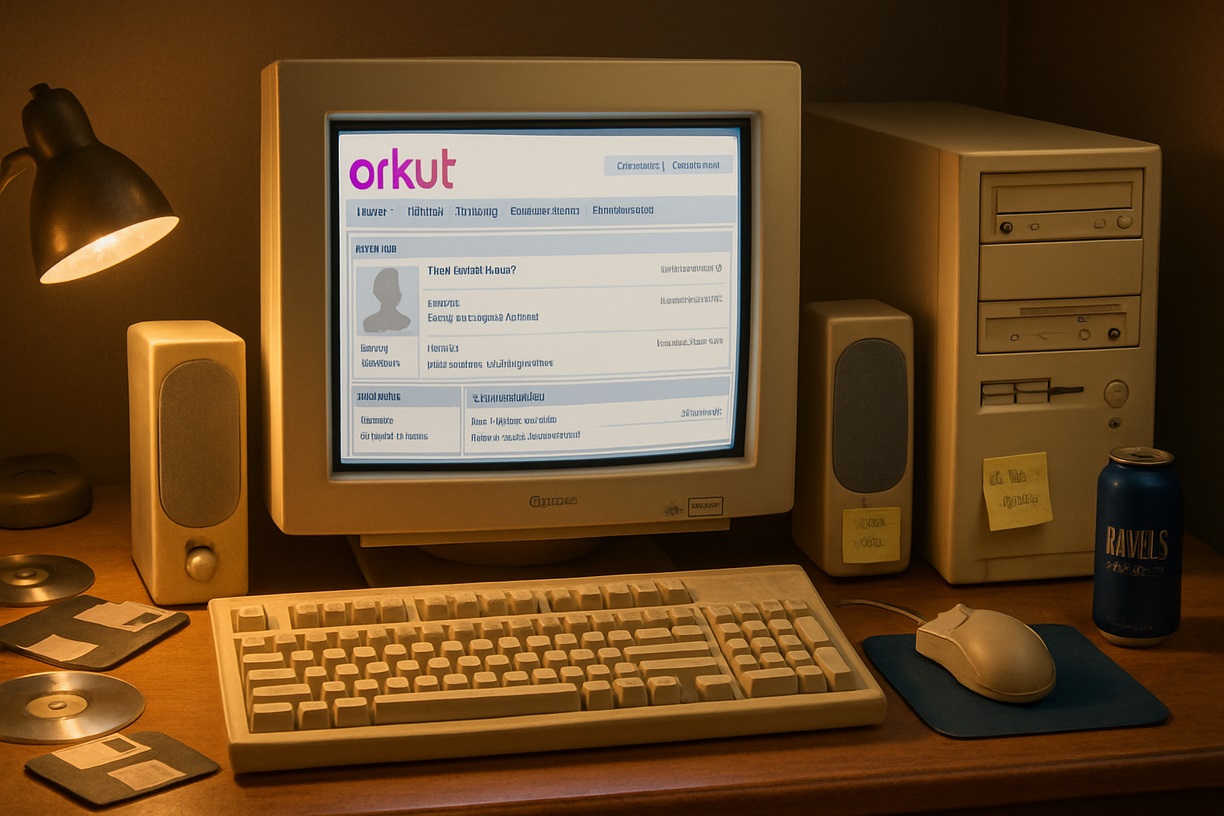Before Facebook, Instagram, or WhatsApp took over our digital lives, there was one social network that truly felt personal — Orkut. For many of us, it wasn’t just a website; it was where friendships started, old classmates reconnected, and new connections grew naturally.
I still remember those early days — logging in through a slow internet connection, checking scraps, updating my profile, and visiting communities that felt like small worlds of their own. Orkut had a charm that’s hard to describe today. It was simple, genuine, and filled with real human connection.
Back then, it was common to meet new people, join discussions, and slowly build friendships that sometimes turned into something more. It wasn’t about followers or likes — it was about real interaction and being part of a friendly online community.
The Early Magic of Orkut
Launched by Google in 2004, Orkut was one of the first social networking platforms to go global. It quickly became a sensation, especially in countries like India, Brazil, and the Middle East, where it created a massive online community of friendly, curious, and optimistic users.
Your Orkut profile was your little corner of the internet — complete with a display picture, a few testimonials written by friends, and those colorful “scraps” on your scrapbook that served as open messages. You could join communities about anything — from favorite movies and music to jokes and deep discussions.
It was a time when the internet felt smaller, safer, and full of discovery. Every new friend request came with excitement, and every message felt special.
Why It Was So Loved
Orkut stood out because it felt human. The design was light, the interactions were personal, and people took time to write thoughtful testimonials or share kind words. There was no endless feed or algorithm deciding what you saw — it was just people being people.
Many of us made lifelong friendships there. Some found support, others found inspiration, and all of us found a sense of community that’s hard to find on today’s fast-moving platforms.
The Farewell
By the early 2010s, Facebook began to take over, and Orkut slowly faded. Google officially shut it down in 2014, marking the end of a very special chapter in internet history. But even years later, the memories still feel fresh — the scraps, the communities, the testimonials, and that simple joy of connecting with someone new.
A Place That Still Lives in Memory
Orkut wasn’t just a social network; it was an emotion, a time, and a feeling. It represented the early spirit of the internet — genuine connections, curiosity, and kindness.
Even though it’s gone, Orkut’s legacy lives on in the friendships and experiences it helped create. It reminds us that the best part of the internet will always be about people, connection, and community.

